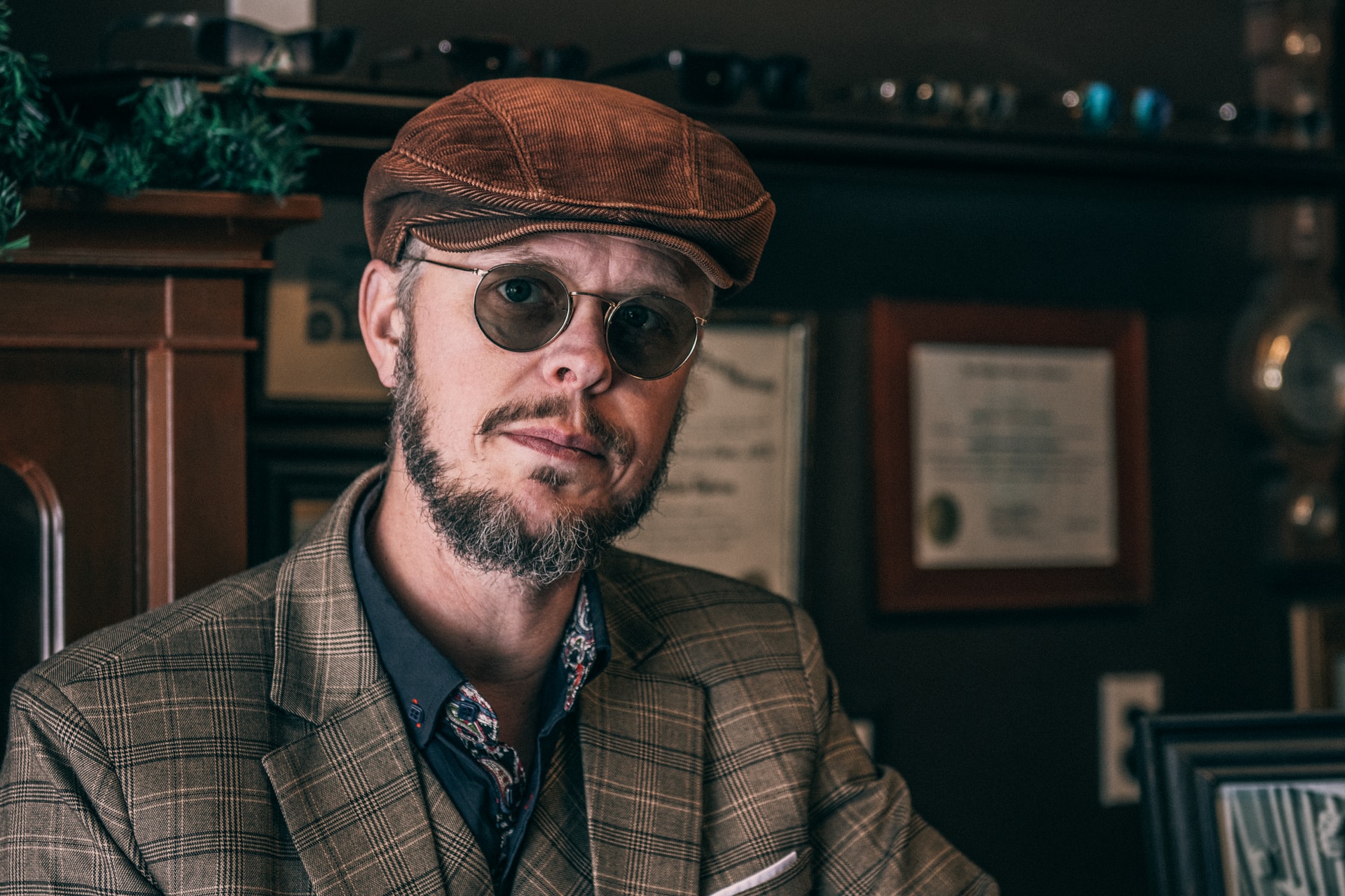
We Are Dedicated To Serve our Community
Simply put, we thrive on making people realize their greatest potential and see the world for how it is rather than how they are.
Although Jung initially designated his system of thought analytical psychology, he changed the name to “complex psychology” in the 1930s. Jung still occasionally referred to his psychology as analytical psychology but this term was later reserved for analytic methods and psychotherapeutic applications. Complex psychology on the other hand addressed the theoretical aspect of his psychology. Jung wrote that “complex psychology means the psychology of ‘complexities,’ i.e., of complex psychical systems in contradistinction from relatively elementary factors” (Jung as cited in Shamdasani, 2003, p. 14). One of the principal reasons the term complex psychology never gained widespread usage was because it was never adopted in the English speaking world, which is and was the biggest proponent of Jung’s psychology.
- Commitment to personal and professional development
- Providing a balanced approach to “complex” psychological and social phenomena
- Honoring the psyche
- Creating an open, tolerant, and non-judgmental environment to engage and exchange ideas
- Acknowledging the importance of the individual to the growth and productivity of culture
Meet Our Team
We Are Here To Serve You
The Center for Complex Psychology consists of a diverse team with decades of experience in leadership development, depth psychology, coaching, personality research, and community outreach. We are committed to help people and organizations reach their full potential through interpersonal dialouge. We share the purpose of making complex psychology comprehensible, engaging, rewarding, and continuous.
- We promote the idea of bringing people together through intellectual ideas.
- We are committed to the local and global community.
- We believe that only through interdisciplinary dialogue can we advance our understanding of psyche and world.
- We plan and provide forums where people can come together and talk psychology, philosophy, and religion.












